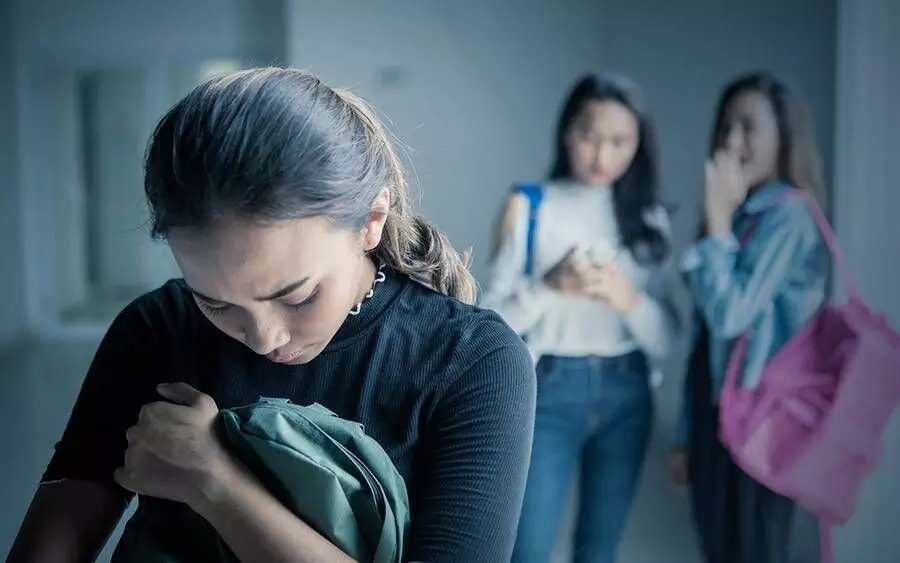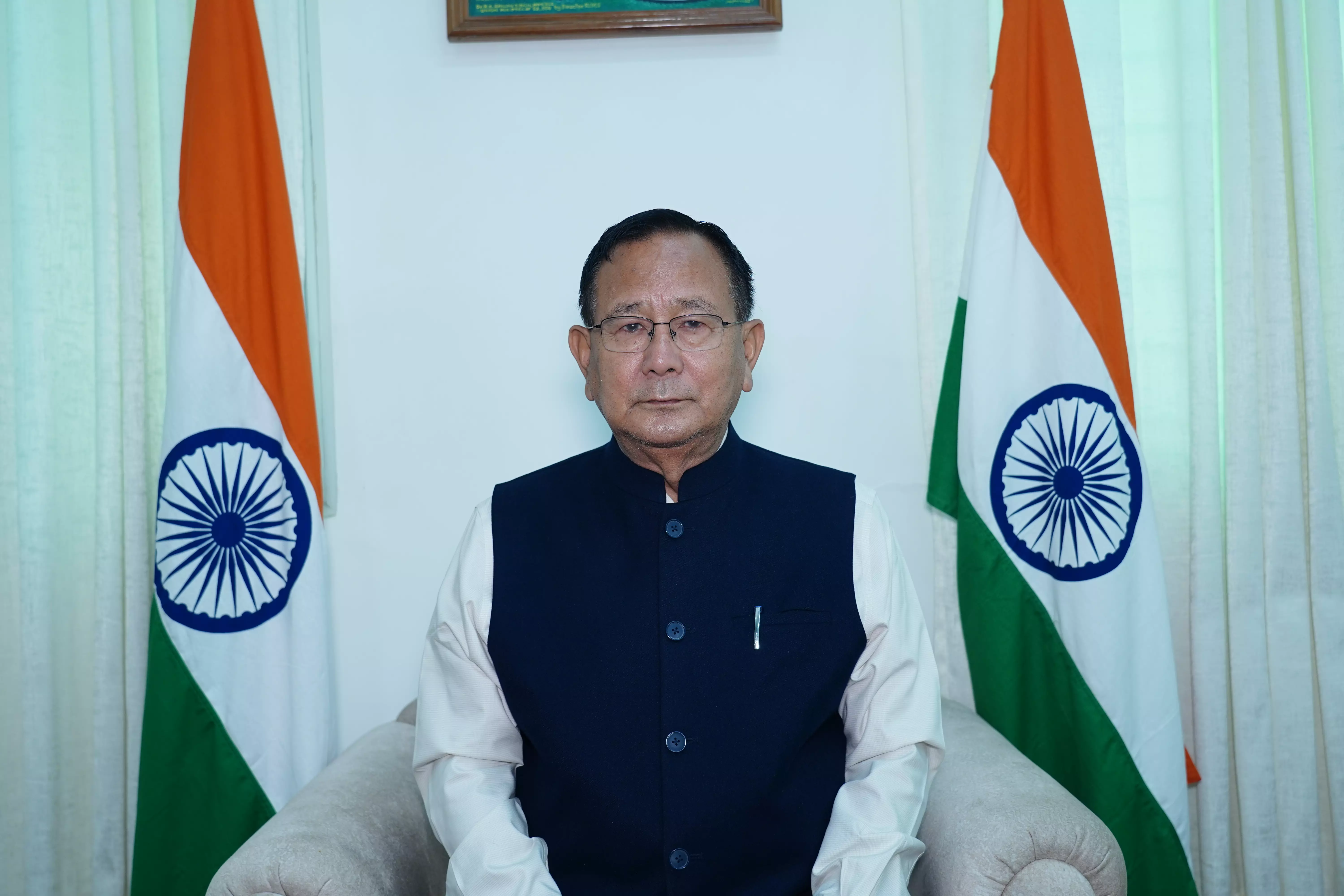Buckling under pressure!
Education and awareness are the apt tools to relieve youngsters from the torturous peer pressure they are usually put through

Peer pressure can be understood as the push experienced by an individual from a peer group to follow the standards and expectations set by them. Since adolescence is a critical developmental stage where children undergo various changes, such pressure could result in detrimental effects on one's physical or mental health. Adolescence comes with a certain amount of peer influence. The urge to blend in with the group and have a social identity makes teenagers vulnerable to peer pressure. They experience pressure or could be coerced to participate in harmful activities by the more “popular” kids at school. The youngsters could feel trapped in such situations, and might not be able to figure another way out than to participate. Peer pressure could also convey to the teens that if they do not follow the rules and behaviours of the peer group, they would be isolated. All this could generate immense stress and worry among the students. However, as opposed to popular belief, peer pressure is not always harmful. It can be constructive as well. By looking at their peers doing well, students could get inspired to focus on academics, and take part in co-curricular activities too.
Underlying reasons
✵ The need to 'fit in': Adolescence is also a period where individuals usually seek company, popularity, and attention. The fear of being rejected and isolated from others makes the teens give in to peer pressure.
✵ Social comparison: Comparing one’s circumstances and social standing to others might also convince the students to engage with peer pressure.
✵ Bullying: Being forced by the majority or popular groups to participate in activities one does not want to, or those which are unhealthy or harmful like using substances (drinking alcohol, smoking), engaging in sexual acts/relationships, committing crimes, late night partying, overspending, harassing or abusing others.
✵ Lack of healthy and supportive relationships: Not being able to confide in parents or friends about what they are going through could be another stressor for the student.
✵ Low self-esteem: Not being sure of themselves, lacking the confidence to take a stand for themselves, and saying ‘yes’ to everything are other factors contributing to them being influenced by peer pressure and its consequences.
✵ Acceptance: Peer pressure is a fact and its existence needs to be accepted. Be accommodative, receptive and supportive to your teen and use your experience and intelligence to deal with situations.
Dealing with peer pressure
There are multiple ways in which students can handle peer pressure. For example, developing a positive view of themselves, engaging in positive self-talk, being aware of what they wish to achieve and the various ways in which they could do that, embracing their differences and unique qualities, practising and saying “NO” to situations and conversations which are uncomfortable or harmful for them.
Parents could try being more open to conversations with their children. Instead of setting boundaries and using harsh words, they should listen, and try to understand their child’s situation. Together, they both can discuss and set some ground rules for the child’s own good. It is crucial to not judge your child, but rather understand them and gain their trust. Creating an atmosphere of trust and warmth at home is also important.
Teachers could play an important role here in educating the students about peer pressure and bullying; and in having sessions with them on developing important life skills (like assertiveness, critical thinking, healthy coping techniques, etc.) to help students feel empowered in dealing with different situations. Encouraging dialogue about such concerns in the classrooms and society is essential for raising awareness to battle the pressure healthily.
Peer pressure might look like an inevitable situation, nonetheless, we can educate and empower our children and ourselves on dealing with it effectively.
The writer is the Minister of State for External Affairs and Education, Government Of India. Views expressed are personal



